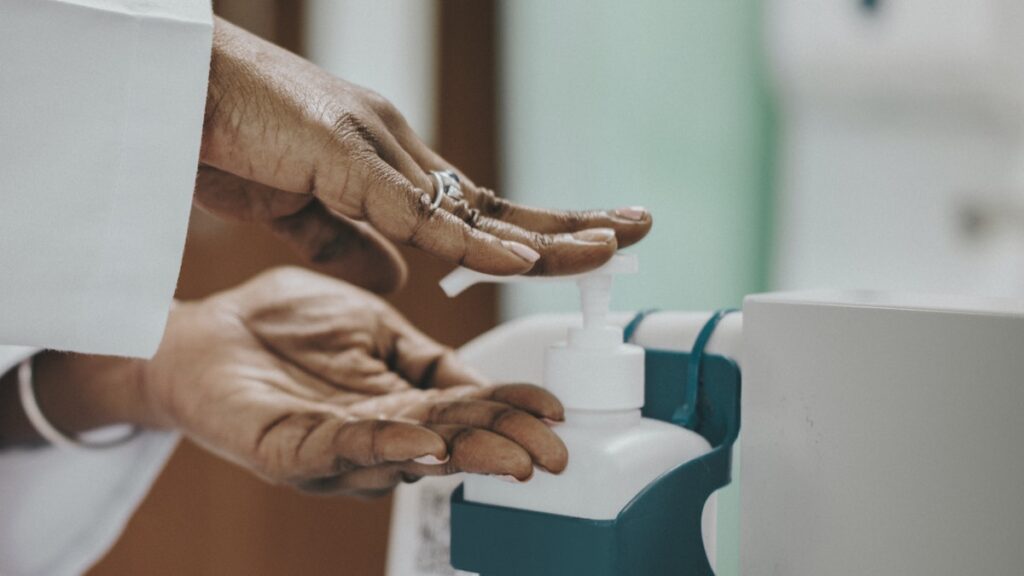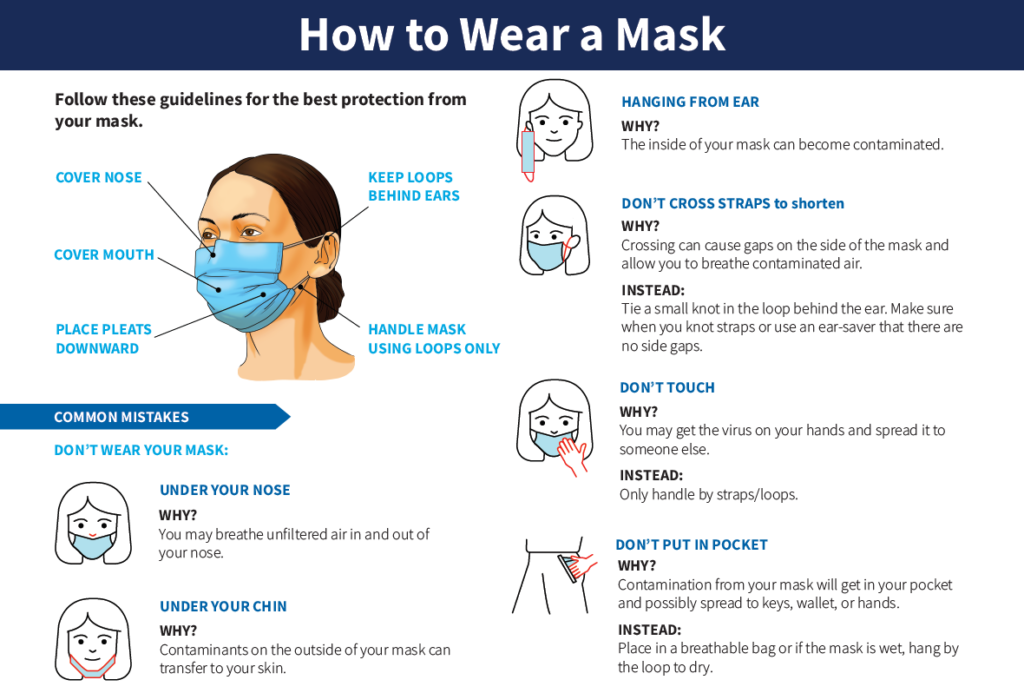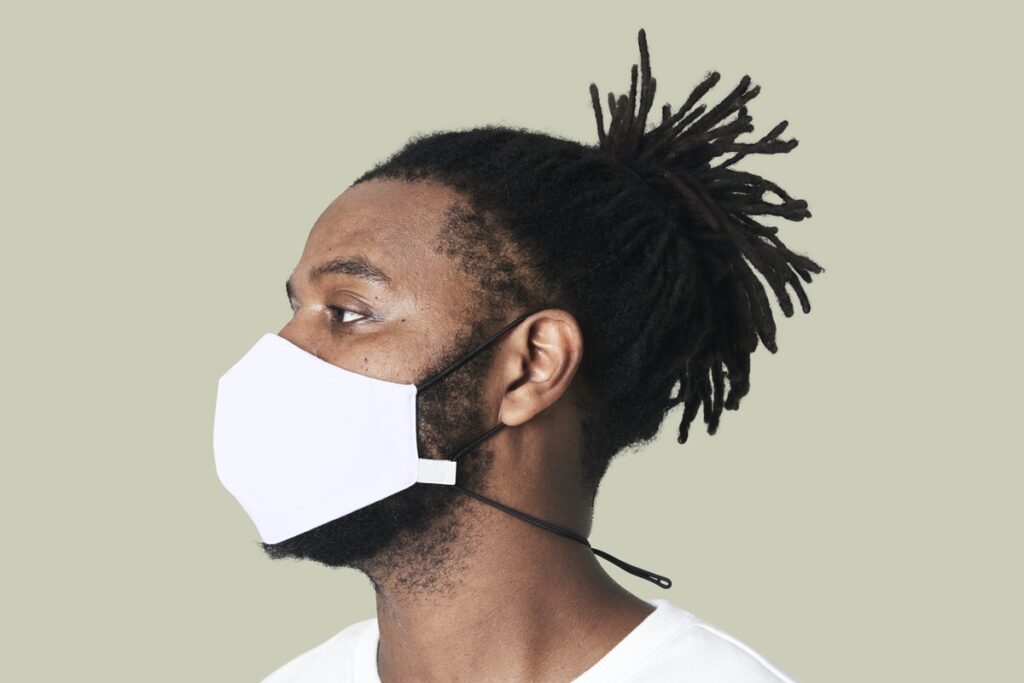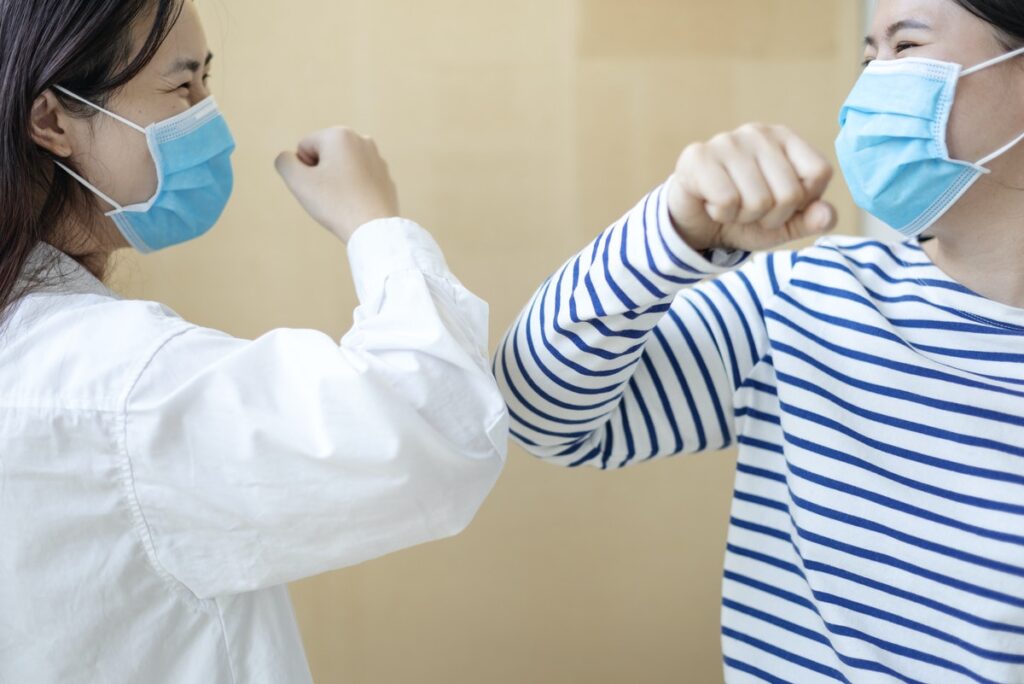Plan Your Visit
Hours
Mon–Thur: 8am – 7pm
Friday: 8am – 5pm
Saturday: 8am – 12pm
Sunday: Closed
Phone
After-Hours Immediate Care: (316) 261-8825
Fax
Clinical Fax: (866) 514-0974
Dental Fax: (888) 662-7106
Nov 05, 2020
As COVID-19 continues to spread across our community, the country, and the world, it is important that we all remain vigilant. The changes we have all had to make due to this pandemic disrupted routines, making daily life hard and causing additional stress. Now, more than ever, we need to continue making these changes and sacrifices to help stop the spread of this deadly virus. The more coronavirus facts you know, the better equipped you and your family are to help prevent the spread of COVID-19.
Here are some COVID-19 facts and safety measures that can help slow the spread of the deadly Coronavirus.

Looking for protection from COVID? While there are no COVID Vaccinations available yet, here are some Coronavirus facts to help you protect against COVID.

Things to know: People of any age can get and spread COVID-19. This includes healthy young adults and children. If you are older, have additional health risks, or certain underlying medical conditions, you are at increased risk for severe illness from the virus that causes COVID-19. Severe illness from COVID-19 is defined as hospitalization, admission to the ICU, intubation or mechanical ventilation, or death.
Adults of any age with the following conditions are at increased risk of severe illness from the virus that causes COVID-19:
COVID-19 is a new disease and currently there is limited data and information about the impact of many underlying medical conditions and whether they increase the risk for severe illness from the virus. Based on what we know at this time, adults of any age with the following conditions might be at an increased risk for severe illness from the virus that causes COVID-19:
Once COVID Vaccinations are available, they will be offered at health centers like HealthCore Clinic across the country to offer protection from COVID.

The most common Coronavirus symptoms are:
Other symptoms are signs of serious illness. If you or someone you know has trouble breathing, chest pain or pressure, or difficulty staying awake, get medical care immediately by calling 9-1-1.
Many people with COVID-19 are unaware they have the virus. This is called being “asymptomatic,” having no symptoms. People who are asymptomatic can still spread the virus to others who will be symptomatic. This large percentage of asymptomatic people allows the coronavirus to spread more rapidly throughout a community.
If you have symptoms of COVID-19, your health provider may advise a COVID test. If you test positive for Coronavirus, you should self-quarantine for at least 14 days after your symptoms began and ensure you have not had a fever for at least 24 hours without the use of fever-reducing medications. If you live with a person of increased risk of severe illness, take added precautions at home to protect that individual according to CDC guidelines. If you test negative, your healthcare provider may still ask you to self-isolate under certain circumstances.
If your symptoms worsen while self-isolating, contact your healthcare provider immediately. Moderate to severe symptoms may include shortness of breath or severe fatigue. If you are in an emergency, please call 9-1-1.
HealthCore Clinic has a respiratory clinic where we conduct drive-through and walk-up COVID testing. Please call us first at 316-691-0249. Do not walk-in, we will screen you over the phone first and walk-ins will not be allowed. Once you have been screened over the phone, you may be scheduled to meet with a member of our respiratory team. Your provider may test you for COVID-19 and will provide you information and instructions on how to properly quarantine and address your symptoms. If you are in an emergency, please call 9-1-1.
Mon–Thur: 8am – 7pm
Friday: 8am – 5pm
Saturday: 8am – 12pm
Sunday: Closed
After-Hours Immediate Care: (316) 261-8825
Clinical Fax: (866) 514-0974
Dental Fax: (888) 662-7106
